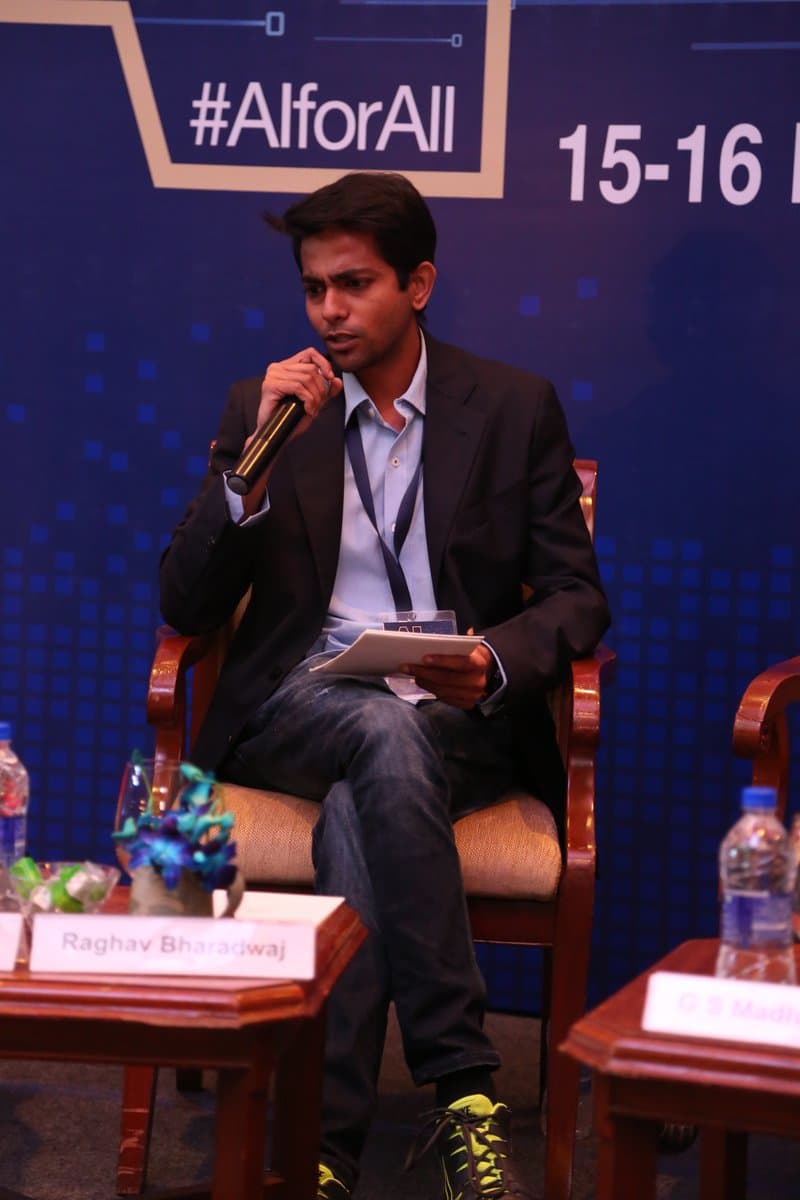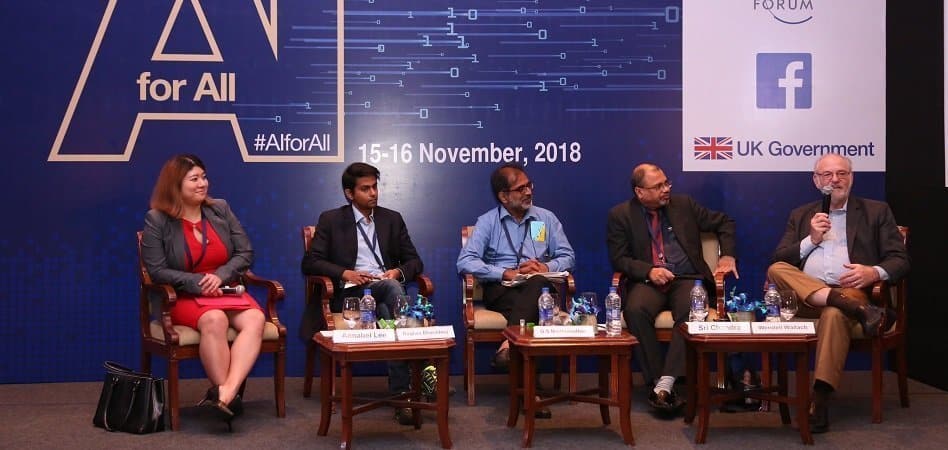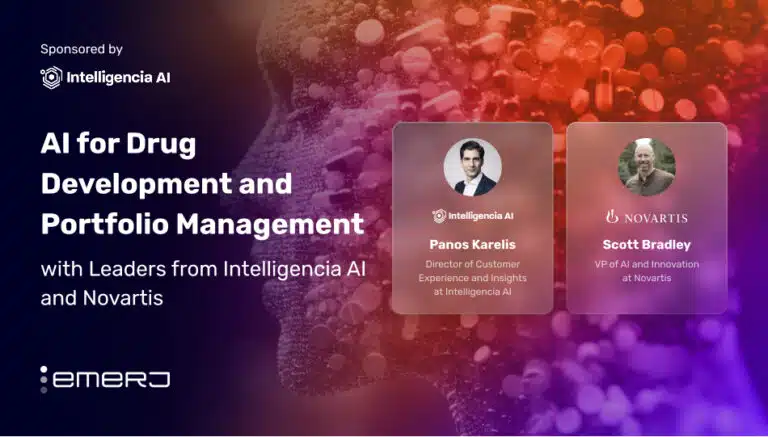Event Title: NITI Aayog-ORF AI for All Conference
Event Host: NITI Aayog, Observer Research Foundation
Date: November 15th – 16th, 2018
Team Member: Raghav Bharadwaj, Emerj Content Lead
What Happened

Emerj was invited to be part of a panel discussion at the inaugural “AI for All” conference held by the Indian government’s think tank, the Niti Aayog, and the Observer Research Foundation in Mumbai. The three-day conference started off with an initial address by the CEO of Niti Aayog, Amitabh Kant and the co-chair for the event, Professor Wendell Wallach, consultant, ethicist and scholar at Yale University’s Interdisciplinary Center for Bioethics, and a senior advisor to The Hastings Center. We had the pleasure of interviewing him here at Emerj.
There were also several other notable speakers at the event, including Jack Dorsey, the CEO of Twitter, which seems to suggest that the Niti Aayog and the Indian government were looking to convey the seriousness of their intent in terms of having the right conversations about how AI can can be a force for change in developing nations. More specifically, the conference panel discussions also touched upon AI applications with social relevance, such as healthcare or agriculture.
I also managed to slip in a conversation with Professor Wallach on the ethics behind AI, self-driving cars, and how the technology might play out in the near future. Ethical questions about the safety of autonomous vehicles were in Wendell’s opinion broadly similar to what other AI applications might face in terms of data security and privacy.
What We Learned
- The AI community in India in attendance at the conference seemed well aware of the global dichotomy in AI strategies, namely from the American and Chinese governments. The Niti Aayog seems focused on adopting aspects of these strategies that might aid India’s objectives for AI proliferation. These objectives seem to be centered around developing the use of AI for applications with large social implications. This has inadvertently meant that the key application areas where the Indian government is looking to deploy AI solutions are in agriculture, healthcare, and education.
- Much of the panel discussions at the conference also seemed to revolve around data privacy, security, and ethics. Conversations about how global businesses and governments might share customer or citizen data within their organizations or externally but still keep it anonymized and secure were of key concern. This might likely signal the Indian government’s intent to play a larger and more global role in the development of AI technologies at large, and especially with data management.




















